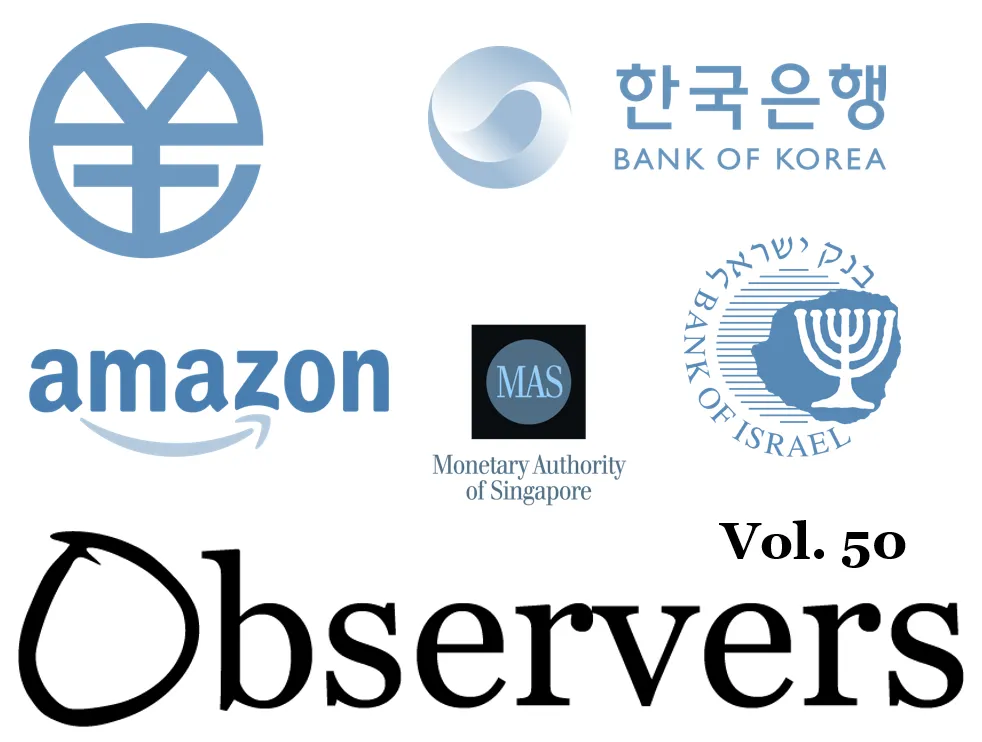

China releases a hard wallet for the digital yuan, as Amazon trials a tokenization concept that sees small businesses paid faster.

Subscribe now and have access to all our stories, enjoy exclusive content and stay up to date with constant updates.
Already a member? Sign in